Bette Buna Megadu
Our farm in Guji
When our grandfather Syoum passed away, our grandmother visualized her dream at their 2-hectare coffee farm to us: “Please, make from our farm a home. A place where all community members feel safe, can learn, and work together to grow a beautiful future.”
Working in Guji comes with a lot of unique challenges as well as a lot of amazing rewards. Guji is world renowned for incredible naturally processed coffees and it is a huge privilege to work there directly. The Guji Zone sits just south of Sidamo where we first started Bette Buna, but it is a whole different world in terms of its culture and customs.
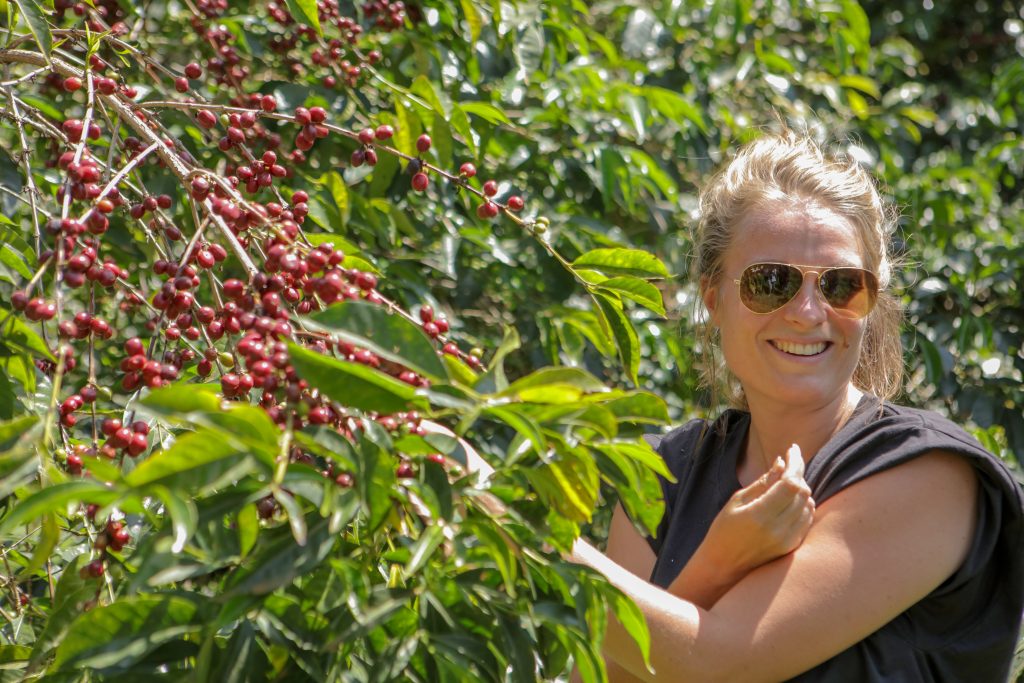
Guji, beautiful coffee and strong partnerships
Guji has strong cultural traditions and to work in this region we knew we’d need to approach it as a partnership with local community leaders. People who are deeply rooted in these traditions and these communities. Our farm or perhaps more accurately plot is about a quarter of a much larger collection of plots owned by three Guji community leaders, our plot is about 50 of the 220 hectares they are responsible for. Gash Duba, Ato Wodessa & Ato Saffay are elected leaders who hold the title of Abbaa Gadaa, they are incredibly knowledgeable when it comes to coffee cultivation but also extremely well respected decision makers. Working with these Abbaa Gadaa has been a big success that we’re really proud of.

A special place to grow coffee
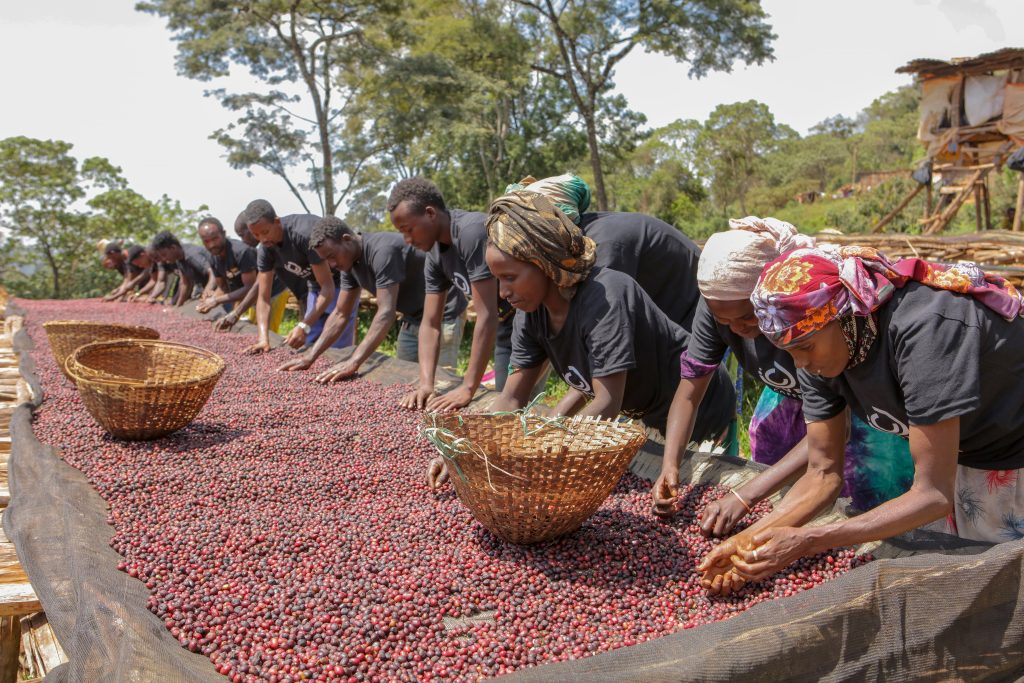
A win-win collaboration
Learning and teaching
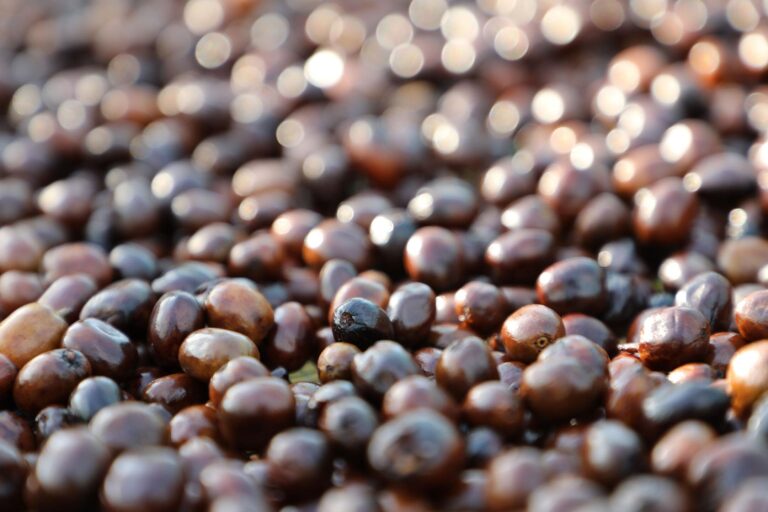
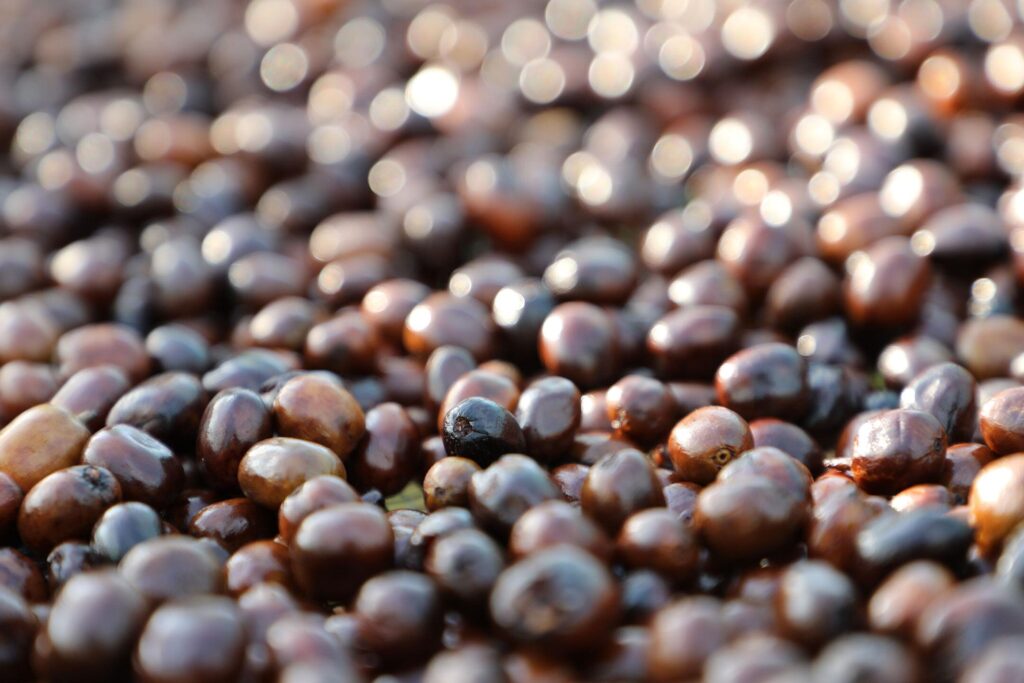
Future plans and aims
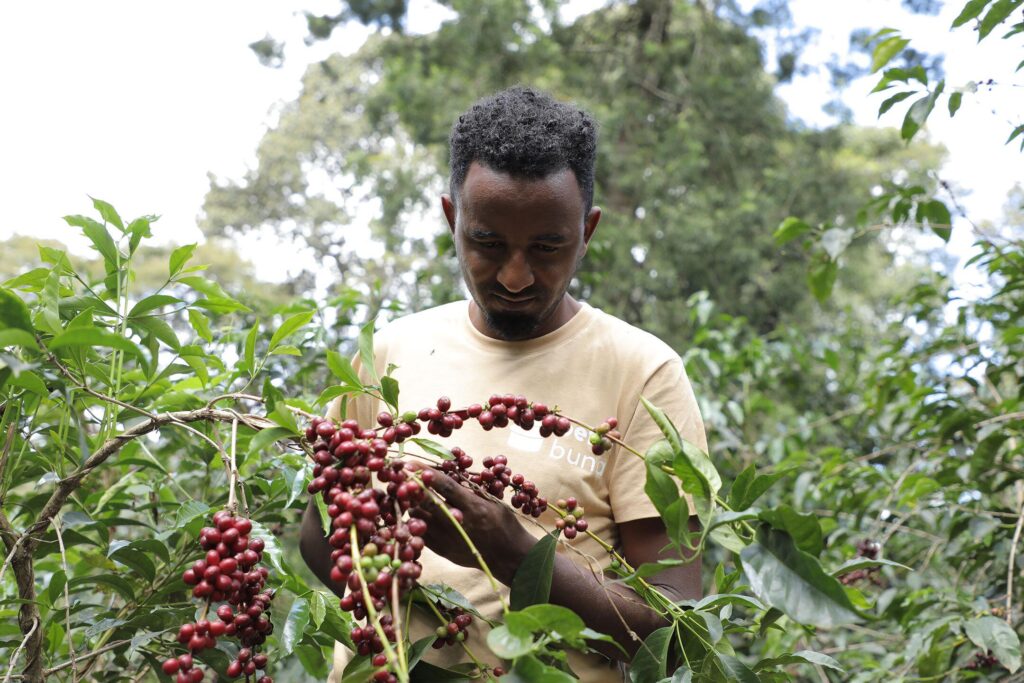
Megadu Farm details
Region: Guji
Woreda: Megadu
Kebele Megadu
Established by: Gash Duba, Ato Wodessa, Ato Saffay
Current farmers: Dawit & Hester Syoum-Westerveld, Gash Duba, Ato Wodessa, Ato Saffay
Farm team: 60 regular employees + 900 seasonal
Varieties grown: Enat Buna, JARC 74112
Altitude: 1990-2200 MASL
Harvest: Nov-Dec

